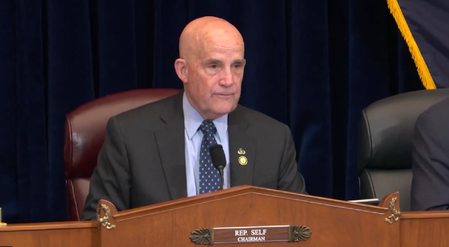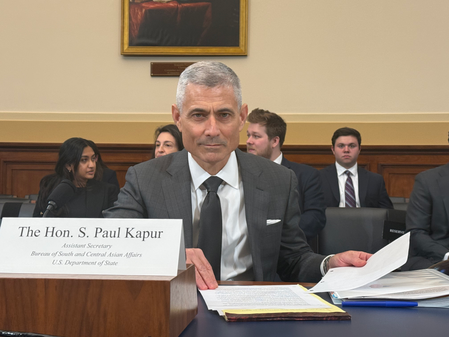
New Delhi, Oct 5 (IANS) Contrary to the claims of “jobless growth,” the latest government data shows that employment in India increased by 36 per cent (17 million jobs) between 2016-17 and 2022-23.
During the same period, the gross domestic product (GDP) grew at an average rate of over 6.5 per cent.
Employment data from the Reserve Bank of India’s KLEMS database, which relies on surveys like the Employment and Unemployment Survey (EUS) and Periodic Labour Force Survey (PLFS), indicates a steady rise in employment since the 1980s, according to the Ministry of Labour and Employment.
“India has witnessed significant employment growth over the years. India’s economic trajectory demonstrates sustained job creation across key sectors. With a robust democracy, dynamic economy, and a culture that celebrates unity in diversity, India’s journey toward becoming a global powerhouse continues to inspire the world,” said the ministry.
The PLFS data from 2017 to 2023 also suggests that Worker Population Ratio (WPR) has increased by 9 percentage points or almost 26 per cent during this period.
Therefore, the rhetoric of “joblessness” really does not hold water in terms of cross-comparison of databases, the ministry noted in a statement.
Moreover, the growth has been driven by consumption, which is closely tied to employment. A rise in consumption implies that employment generation is occurring, as consumption would decline if employment were predominantly in unpaid or low-wage jobs.
As per the ministry, “employment elasticity” is a rational measure for checking the causal relation between growth and employment generation in an economy.
The estimates, based on a linear econometric model, show that for the period 2017-23, there was a 1.11 per cent increase in jobs for a per cent increase in value added.
Also, the labour-capital ratio in the economy as a whole is around 1.11 and that for the services sector is 1.17.
“Thus, the supply-side argument that services fail to generate jobs due to their low labour intensity is not corroborated by these observations—rather it is the other way around. Hence, from both the supply- and demand-side, India’s economic orientation is inconsistent with any form of joblessness,” the ministry emphasised.
The country’s economic performance in FY 2023-24 reflects robust growth.
Real GDP has been estimated to grow by 8.2 per cent in FY 2023-24 as compared to the growth rate of 7 per cent in FY 2022-23.
Moreover, nominal GDP has witnessed a growth rate of 9.6 per cent in FY 2023-24 over the growth rate of 14.2 per cent in FY 2022-23.








